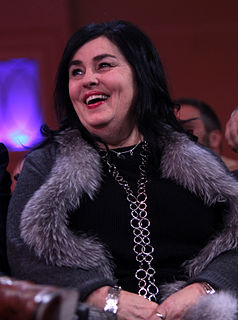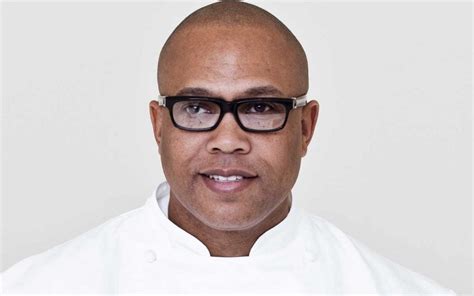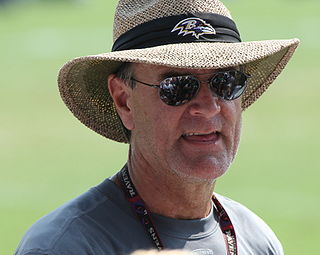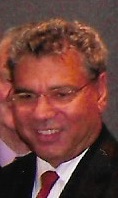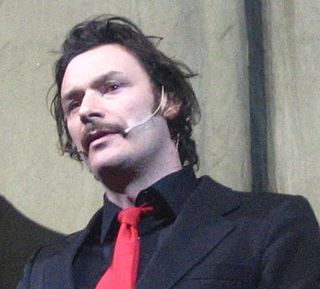A Quote by Kay Robertson
Families need to have a time when they can cook together. They can eat at the table and you can look eye-to-eye. Phones are put away and there are no interruptions. And what you do is concentrate on each other. Listen to what they have to say, and let them listen to you.
Related Quotes
I told my team before we walked out on to the field in Tampa, I wanted them to stop and look each other in the eye - I mean really look each other in the eye because 10 minutes after we we're done beating the New York Giants, I knew that world would change; free agency, the business side of the business. I wanted them to appreciate this doesn't come very often. It may be the last time you have that opportunity.
People - whether you like to hear what people have got to say, not you have got to listen to them, and turning your back on people I found very insulting. If you're going to really make peace, you have got to confront each other and look each other in the eye, and that's what's happen - I'm always remember Yitzhak Rabin shaking hands with Yasser Arafat and the reluctance in - Yasser Arafat put his hand down and the reluctance of Yitzhak Rabin, but then he had that second and then he just shook the hand.
Thin people release the fork, and they chew the food with the fork on the table. They chew their food slowly. They look around at each other or the wall or a picture. They listen to the music. They sit back and take a breath. They do something other than concentrate on shoving the food into their body.
I can act with either eye, but you've got to be twice as good as an actor to act with one eye. You need to put all your emotions just through one eye and really punch it out of that eye. I found it quite difficult to do at first, and then I found a technique that allowed me to act with one eye, which I patented.
If you want to play something that you hear, you need to listen with your mind's eye. You've heard of the mind's eye, right? Your mind has an ear too. It's a kind of listening, but it's not using your ears to listen. It's listening with your inner ear, and that's what you want to translate onto the guitar.
When we haven't the time to listen to each other's stories we seek out experts to tell us how to live. The less time we spend together at the kitchen table, the more how-to books appear in the stores and on our bookshelves. But reading such books is a very different thing than listening to someone' s lived experience. Because we have stopped listening to each other we may even have forgotten how to listen, stopped learning how to recognize meaning and fill ourselves from the ordinary events of our lives. We have become solitary; readers and watchers rather than sharers and participants.
What I learned is, we have to listen to each other, even when we don't agree, even when we think we hate each other. We have to listen to each others narratives. Not interrupt defensively, or with hostility, but really try to open our hearts and listen with empathy. I learned so much from that meeting. It was a very difficult thing to do and it was one of the best things that I ever did in my life. Look what scares you in the face, and try to understand it. Empathy, I have learned, is revolutionary.
Ahab cast a covetous eye at Naboth's vineyard, David a lustful eye at Bathsheba. The eye is the pulse of the soul; as physicians judge of the heart by the pulse, so we by the eye; a rolling eye, a roving heart. The good eye keeps minute time, and strikes when it should; the lustful, crochet-time, and so puts all out of tune.
